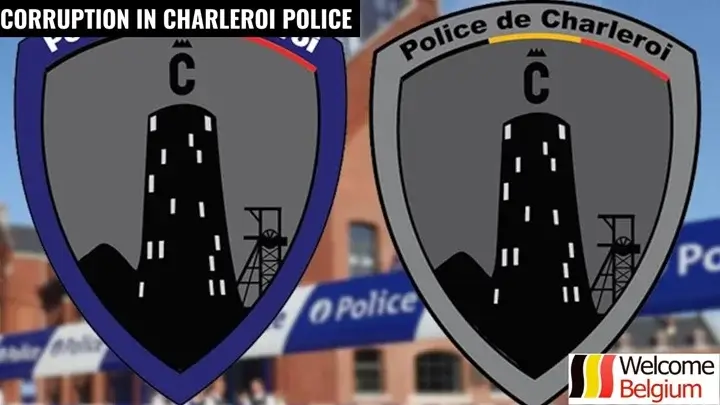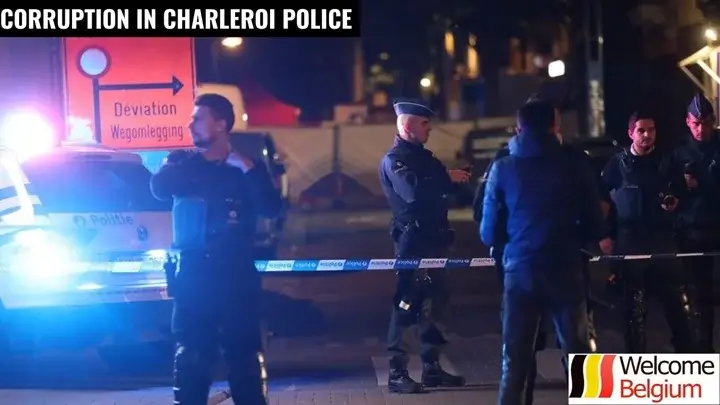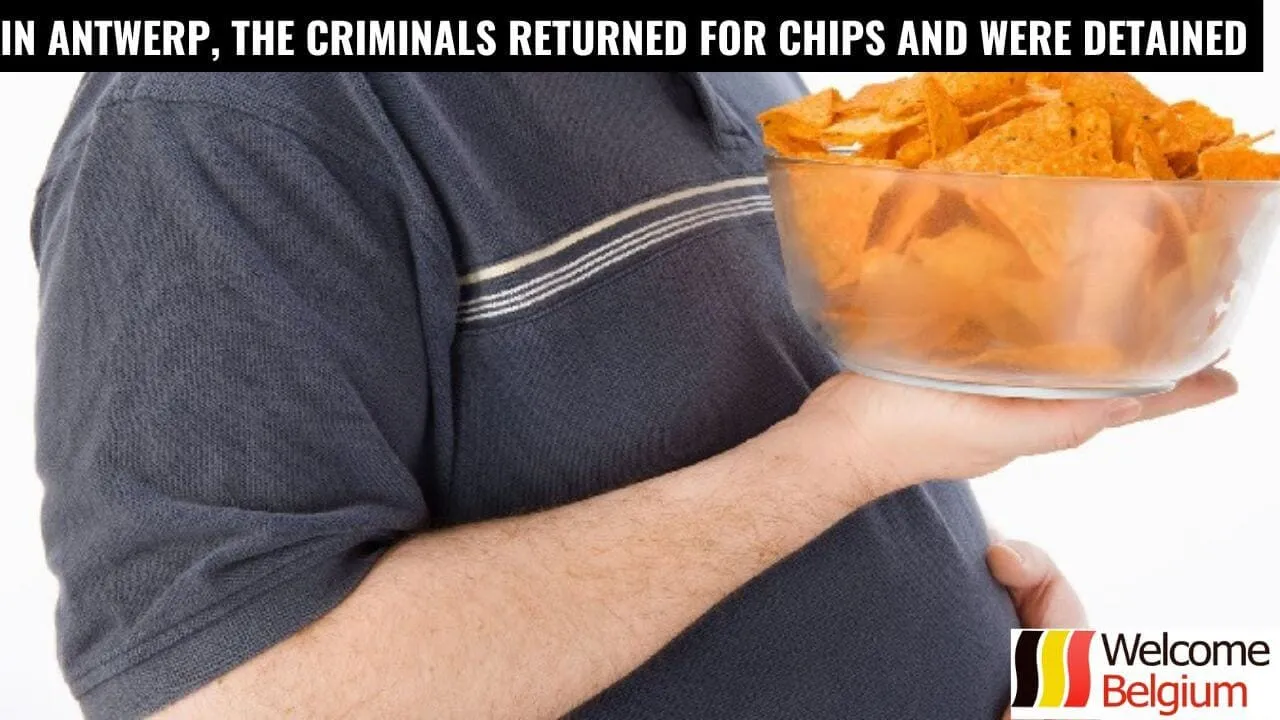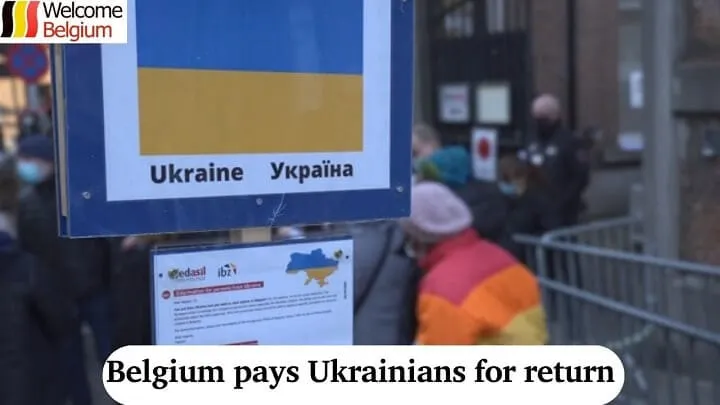Belgium has grappled with a series of corruption scandals within its law enforcement in recent years. A significant case involves officers from Charleroi, where three members of the anti-drug unit were charged with embezzlement, document falsification, and abuse of trust. This incident not only undermined public confidence in the police but also revealed systemic issues in managing seized assets and handling informants.
Incident Overview
According to case files, a tragic incident occurred in March 2024 during a raid in Lodelinsart, Charleroi. Special police units were investigating a gang involved in drug trafficking, weapons, and stolen vehicles. During the operation, the suspect, Ricardo Gomes, opened fire on officers, killing one, seriously injuring another, and was himself fatally wounded, later dying in hospital.
Shortly after, three officers from Charleroi’s anti-drug unit (ORA) were arrested in a separate investigation. One of them, Gaëtan V., had ties to a key figure in the case that led to the raid. The Charleroi Prosecutor’s Office stated there was no direct evidence linking the arrests to the shooting at the time, but operational overlaps suggested potential connections. The officers were charged with fraud by a public official and embezzlement and were taken into custody.
By August 2025, the case expanded: the prosecution confirmed that three more officers from the same unit were charged in July with similar offenses—embezzlement of seized property. This brought the total number of accused to six. Defense attorney Michaël Donatangelo explained that the allegations involve misusing authority to appropriate seized items, such as cash, drugs, or other valuables, for personal gain.
Details of the Charges
The charges stem from testimony by an informant working with the ORA unit. The anonymous source claimed that officers used unconventional methods to reward informants. Instead of official payments, they allegedly used seized goods—cocaine, heroin, computers, furniture, and even weapons. The informant stated these practices were widespread in the unit for years.
The Federal Police of Belgium plays a critical role in combating corruption within law enforcement, ensuring transparency and efficiency. For official reports on cases like Charleroi’s, visit the Federal Police website (https://www.police.be/en), which provides insights into internal audits and anti-abuse measures. This helps understand how authorities maintain public trust in the justice system.
Examples of alleged practices include:
- Informants receiving drugs for personal use or resale.
- Officers confiscating goods from one dealer and passing them to another to maintain informant networks.
- Cash from seizures allegedly not fully accounted for, with portions used for “informal” rewards.
The prosecution is investigating whether these actions reflect systemic corruption or isolated violations. The ORA unit was previously praised for its effectiveness, having conducted numerous successful operations and seizing significant amounts of drugs and weapons. However, their methods are now under intense scrutiny. The prosecutor noted strong cooperation with authorities but emphasized the need to verify legality.
Here is a table summarizing the key charges for clarity:
| Accused | Arrest/Charge Date | Main Charges | Connection to Incident |
| First three officers (including Gaëtan V.) | March 2024 | Embezzlement, document falsification, abuse of trust, collusion | One had ties to a suspect in the shooting |
| Second three officers | July 2025 | Embezzlement by a public official | No direct link to the shooting, same unit |
| Total | – | Fraud, misappropriation of seized property | Investigation into informant handling methods |
Connection to Prior Events
The arrests are directly linked to the March 2024 tragedy. Although the prosecution claims the investigations are separate, one officer’s name appears in both cases. He is suspected of colluding with a key gang member, potentially influencing the raid’s planning. No evidence suggests direct contact with the shooter during the operation, but this adds intrigue. The tragedy highlighted the dangers of police work, while the corruption charges exposed internal issues.
Examples of Similar Past Incidents
Belgium has a history of corruption scandals in its police and public institutions. Below are comparable cases, sourced from open data, focusing on police, embezzlement, or corruption in Charleroi and Belgium broadly for comparison.
- Carolorégienne Affair (2007–2010): In Charleroi, technical services director Henry Stassens was convicted of fraud and corruption involving misappropriation of public funds. Though not directly police-related, it exposed systemic corruption in local governance.
- Charleroi Police Corruption (2005): A series of corruption cases in Charleroi’s police, including embezzlement and ties to organized crime. By 2015, cases were still in court, indicating chronic issues.
- Charleroi Mayor Resignation (2006): The mayor resigned amid a corruption scandal. His secretary faced charges of forgery, active corruption, and embezzlement, with investigations implicating police ties.
- Belgian Football Scandal (2017–2019): Operation Clean Hands uncovered organized crime, money laundering, and corruption in football, including raids in Charleroi. While focused on agents and managers, it involved police investigations.
- Qatargate Scandal (2022): Belgian police seized €1.5 million in an EU Parliament corruption probe. Though the police weren’t accused, it highlighted weaknesses in anti-corruption efforts.
- Charleroi Police Arrests (2024): Three officers arrested for links to the fatal raid, similar to the current case.
Here is a table of comparable incidents:
| Incident | Year | Location | Type of Corruption | Consequences |
| Carolorégienne | 2007–2010 | Charleroi | Fraud, administrative corruption | Director convicted, fines |
| Police Corruption | 2005 | Charleroi | Embezzlement, collusion | Court cases until 2015 |
| Mayor Resignation | 2006 | Charleroi | Forgery, embezzlement | Resignation, secretary charged |
| Football Scandal | 2017–2019 | Belgium (incl. Charleroi) | Money laundering, bribery | 33 arrests, club fines |
| Qatargate | 2022 | Brussels | EU corruption | €1.5M seized, arrests |
| Police Arrests | 2024 | Charleroi | Embezzlement, collusion | Three officers arrested, linked to killing |
Belgium’s Public Prosecutor’s Office actively investigates embezzlement and fraud among public officials, including police. For updates on legal proceedings and anti-corruption initiatives, visit the official website of the Public Prosecutor’s Office (https://www.om-mp.be/), which publishes press releases and statistics. These resources inform the public and promote accountability, making your awareness part of the fight for justice.
Analysis
The Charleroi case underscores persistent issues in Belgian policing: lax oversight of seized assets, informal informant relationships, and potential conflicts of interest. Historical cases show Charleroi as a corruption hotspot, with recurring scandals since 2005, often tied to drugs and local governance. Socioeconomic factors, such as high unemployment and crime rates in Charleroi, may create fertile ground for corruption.
Compared to other cases, this incident stands out due to its connection to an officer’s death, amplifying public outcry. Unlike the football scandal, which focused on money laundering, this case centers on direct embezzlement. Belgium has a robust anti-corruption legal framework (per Wikipedia), but practical gaps remain, such as delays in investigations like Qatargate.
This case erodes trust in the police, increases risks for officers, and calls for reforms: stricter asset accounting, transparent informant payments, and independent audits. Without addressing systemic issues, scandals will persist, as seen from 2005 to 2024. Globally, Belgium’s challenges align with EU trends, but its role in the European Parliament makes them more visible.




